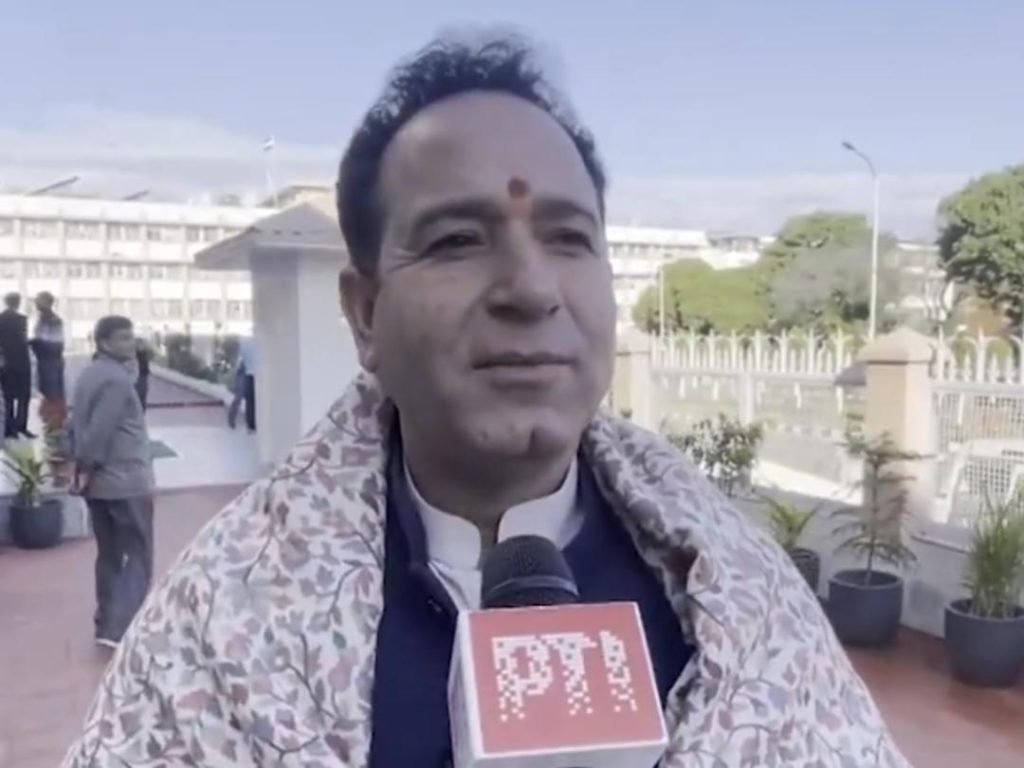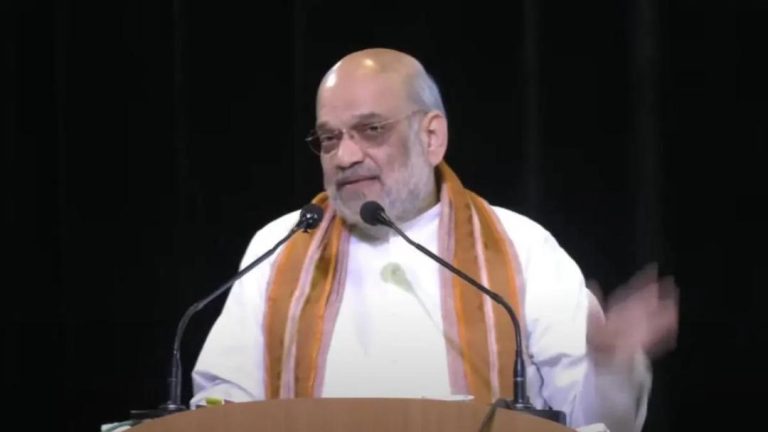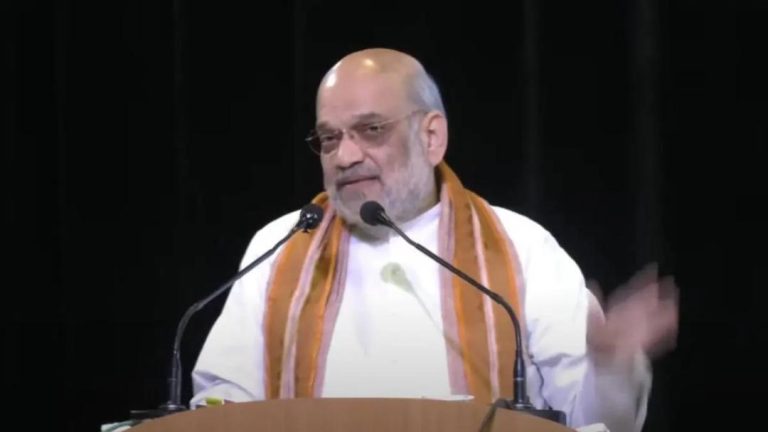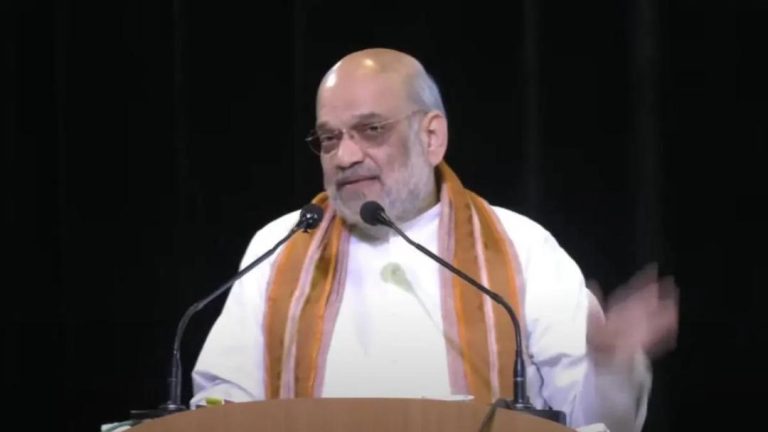
Irrelevant to Discuss Article 370 in J&K Assembly Session: BJP
The recent Jammu and Kashmir Assembly session has sparked a lot of debate and discussion on various issues affecting the state. However, the Bharatiya Janata Party (BJP) MLA and Leader of Opposition (LoP) in the Assembly, Sunil Sharma, has made it clear that discussing Article 370 in the session is “irrelevant” and would be a “waste of time”.
Article 370 is a contentious issue that has been at the center of controversy in Jammu and Kashmir for decades. Enacted in 1949, the special status granted to the state under the Indian Constitution allowed it to have its own constitution, flag, and even a separate citizenship law. However, in August 2019, the Central government revoked Article 370, and Jammu and Kashmir was reorganized into two union territories – Jammu and Kashmir, and Ladakh.
Sunil Sharma’s statement comes in the wake of Lieutenant Governor (LG) Manoj Sinha’s address to the assembly, where he discussed various issues affecting the state, including the economy, education, and healthcare. However, Sharma was critical of Sinha’s address, saying that it did not reflect the promises made by the present government.
“J&K LG Manoj Sinha’s assembly address didn’t reflect the promises made by the state’s present government,” Sharma said. “It would be a waste of time if we will have the discussion on Article 370 (in the Assembly).”
Sharma’s statement is significant, as it indicates that the BJP is no longer interested in revisiting the issue of Article 370, which has been a major source of controversy in the state. The party’s decision to revoke Article 370 in 2019 was widely criticized by opposition parties and separatist groups, who argued that it was a violation of the state’s autonomy and would lead to further alienation of the people.
However, the BJP has maintained that the move was necessary to integrate Jammu and Kashmir with the rest of the country and to ensure national security. The party has also argued that the special status granted to the state was being misused by the previous governments to promote corruption and nepotism.
Sharma’s statement suggests that the BJP is looking to move forward and focus on more pressing issues affecting the state, such as the economy, education, and healthcare. The party has been critical of the previous governments in the state, which it has accused of mismanaging the economy and failing to provide adequate infrastructure and services to the people.
In his address, Sinha had promised to improve the economy of the state, increase investment, and create job opportunities for the youth. He had also announced various initiatives to improve healthcare and education in the state, including the establishment of new medical colleges and universities.
However, Sharma was critical of Sinha’s address, saying that it did not provide any concrete solutions to the problems faced by the people. “The LG’s address was full of rhetoric, but it didn’t provide any concrete solutions to the problems faced by the people,” Sharma said.
Sharma’s statement is likely to spark controversy, as it has been seen as a betrayal by some sections of the society. The revocation of Article 370 was widely criticized by opposition parties and separatist groups, who argued that it was a violation of the state’s autonomy and would lead to further alienation of the people.
However, the BJP has maintained that the move was necessary to integrate Jammu and Kashmir with the rest of the country and to ensure national security. The party has also argued that the special status granted to the state was being misused by the previous governments to promote corruption and nepotism.
In conclusion, Sunil Sharma’s statement that discussing Article 370 in the J&K Assembly session is “irrelevant” and would be a “waste of time” reflects the BJP’s move to focus on more pressing issues affecting the state, such as the economy, education, and healthcare. The party’s decision to revoke Article 370 in 2019 was widely criticized by opposition parties and separatist groups, but the BJP has maintained that the move was necessary to integrate Jammu and Kashmir with the rest of the country and to ensure national security.
As the state continues to grapple with various issues, it remains to be seen how the BJP’s stance on Article 370 will impact the political landscape in Jammu and Kashmir. Will the party’s decision to focus on more pressing issues affect its popularity in the state, or will it be able to maintain its influence despite the controversy surrounding Article 370?
Only time will tell, but one thing is certain – the controversy surrounding Article 370 is far from over, and it will continue to be a major issue in Jammu and Kashmir for years to come.
Source:




